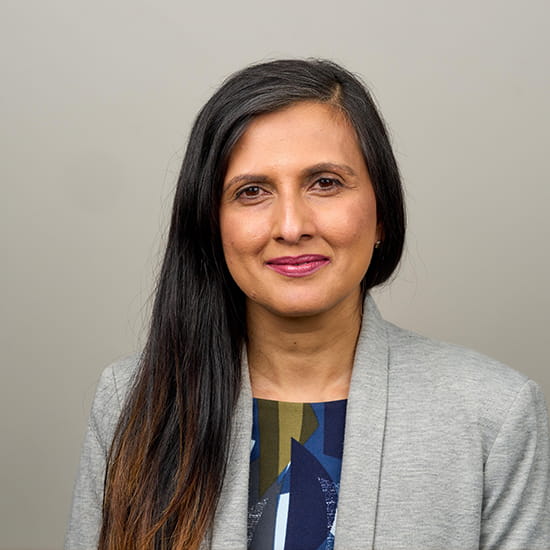Now that the number of deaths from COVID-19 are in decline and the infection rate appears to be slowing, the intense pressure on the NHS appears to be easing, but, the focus and resource must now shift to ensuring that those patients with suspected cancer, heart conditions and other treatable conditions are seen, investigated and diagnosed as quickly as possible and those patients already diagnosed with heart, cancer and neurological conditions have their treatments re-instated and expedited. If this is not done, there is likely to be a rise in the number of avoidable deaths, which could far exceed the numbers we have already sadly lost to COVID-19.
Medics have raised particular concern that patients with symptoms suspicious of cancer, who should be given an urgent referral to be seen at hospital within two weeks, have not presented to their GPs or have not been seen within this two week period because the restrictions imposed to contain COVID-19, has prevented hospital oncology diagnostic services being able to provide face-to-face consultations, physical examinations and carry out diagnostic testing.
Shoosmiths Serious Injury has discussed this issue with Gordon Wishart, Visiting Professor of Cancer Surgery, at Anglia Ruskin School of Medicine, who states:
‘A report by UK cancer specialists has estimated there will be as many as 18,000 excess deaths from cancer during the first year of the UK response to the COVID-19 pandemic due to significant reduction in GP referrals, delays in diagnosis and cancellation of cancer treatments such as chemotherapy’
Peter Walsh, Chief Executive of patient safety charity, AVMA states:
We are increasingly concerned about avoidable harm and death which is likely to occur from non-covid patients not being able to access the diagnostic procedures and treatment they need. We have already started to receive enquiries about this on our helpline. Speaking to clinicians and other patient charities, we believe that the unintended consequence of leaving most of the NHS in lockdown any longer will be a second catastrophe which could affect tens of thousands of patients. Cancer patients and those with heart or neurological conditions are particularly at risk of this, but also any vulnerable group. NHS staff have been heroic throughout this crisis and I know that many of them are desperate to be allowed to do what they came into their profession for – to save lives.”
Sharon Banga, Senior Associate in our Clinical negligence department comments;
‘We applaud our health service for the way in which it has coped with such an unprecedented pandemic. Looking forward, it’s important that high standards are maintained. It is apparent from my discussions with medical experts and clients alike that the NHS waiting lists are understandably long and that inevitably the service will be challenged. It’s important that those patients who are in pain and in need of time critical lifesaving or prolonging treatment are at the forefront of the next steps taken by the NHS.’
Mark Smith, a client of Sharon’s who has been affected by COVID-19 related delays to his medical treatment has expressed the following;
‘I understand the challenges faced by the NHS at present but look forward to my consultations being resumed. The delay has unfortunately had an adverse effect on my physical health and wellbeing.’
Disclaimer
This information is for educational purposes only and does not constitute legal advice. It is recommended that specific professional advice is sought before acting on any of the information given. © Shoosmiths LLP 2025
















